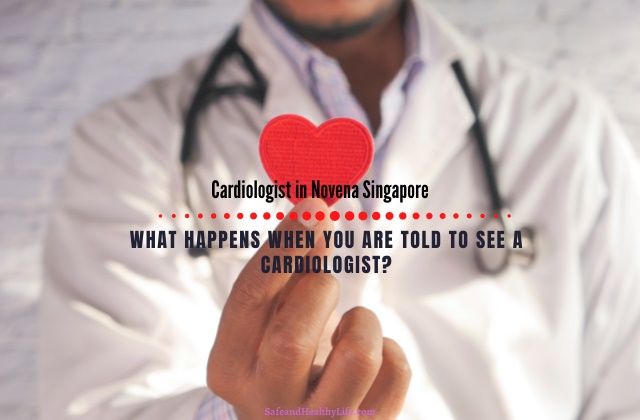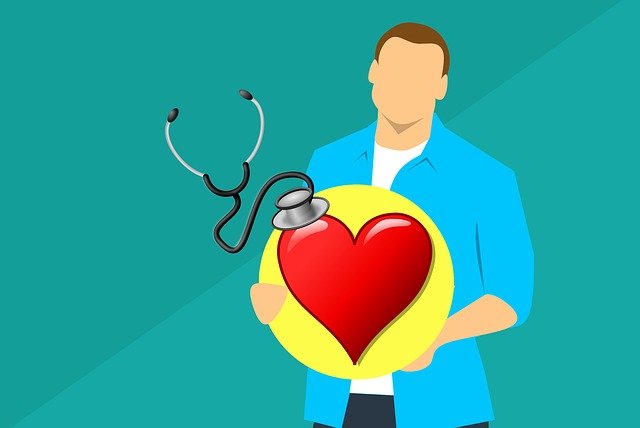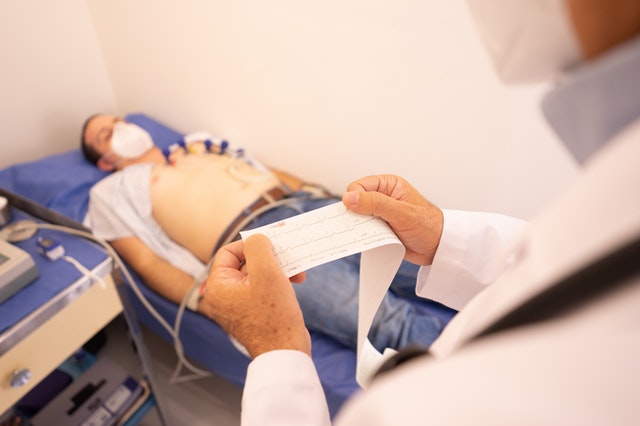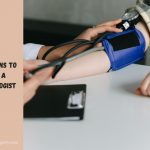
The term “cardiologist” literally means “heart doctor,” and they are medical professionals who focus on diseases of the heart. See how they can help on this page: Cadence Heart Centre.
Cardiologists often specialize in one field, such as treating high blood pressure, performing surgeries, or prescribing medications to target specific heart conditions. There are several reasons why your primary doctor may want to refer you to a cardiologist. The common instances when you may be referred to a cardiologist include;
- When the primary doctor believes or has established that you have risk factors for heart disease.
- When the primary doctor fears that you might be experiencing heart problems such as chest discomfort or shortness of breath with minimal exertion that could be suggestive of a possible heart attack.
- When the primary doctor suspects or has established that you may have any congenital heart defects, i.e., heart conditions that were present in you before birth (congenital).
The following are some of the most common symptoms which people experience when having a heart attack.
Ideally, they can be one of the reasons why your GP may insist on you seeing a cardiologist in Novena.
- Discomfort, tightness, pressure, or pain in part of the upper body, especially the chest
- Nausea or vomiting
- Chest pain that may radiate to the left arm, jaw, back, and stomach
- Shortness of breath/rapid breathing
- Difficulty sleeping due to discomfort
- Lack of energy and feeling fatigued.
Heart disease symptoms are very similar but with some notable differences;
- Angina is a common symptom for heart disease sufferers who experience shortness of breath, fatigue, or dizziness when performing exertion. These symptoms will go away once the person relaxes for a while before attempting any more work. In severe cases, angina can cause cardiac arrest if not treated early.
- Palpitations refer to an irregular heartbeat or racing heartbeat that can cause shortness of breath or dizziness.
- Heart failure is another symptom experienced by heart disease sufferers. This occurs when the heart fails to pump enough blood and oxygen around the body, causing fatigue, shortness of breath, etc.
- Coughing with no known reason
- Chest discomfort/pain doesn’t radiate to other parts of your body but instead feels centered within the chest region itself.
- Weak pulse in one or both arms or legs due to reduced blood circulation due to a blockage in the arteries.
Chest discomfort and pain should never be ignored as they are very suggestive of possible coronary blockages – partial or complete blockages that prevent oxygenated blood from reaching the heart muscle.
Although chest pain and discomfort should be taken seriously, it’s not necessarily indicative of a heart attack.
People should also watch out for shortness of breath, fatigue, and nausea, as these symptoms should never be ignored when they occur out of the blue without any rest or exertion.
How does the Cardiology Process Work – from Diagnosis to Treatment Options?

Photo Credit: Pixabay
There is no one size fits all approach when it comes to heart disease diagnosis and treatment. Factors such as age, race, sex, etc., must be considered to provide the most accurate diagnosis.
The same applies to treatment options that are also influenced by these factors and other things like the current state of your heart health, personal preferences, lifestyle choices, etc.
After taking all these factors into consideration during your visit to a cardiologist in Novena, they will discuss the possible treatment options available for you.
These may be medications or surgery, minimally invasive techniques, or open surgeries – whatever is most suitable for you as an individual and whatever is safest and most effective.
The patient’s age, overall health, and other existing conditions play a role in determining what type of treatment to choose first before moving on to the next option.
For instance, if someone has severe coronary artery disease but they’re too old to undergo major surgery, then certain medication therapies can be used instead until their condition stabilizes enough to move on with further/treatment plans/surgical procedures, etc.
Are there any Risks Associated with Undergoing Tests or Treatments for Heart Disease

Photo Credit: Pexels
There are always risks that come with undergoing any sort of medical treatment. Suffice to say that complications do exist, but they should never be an excuse to avoid seeking necessary medical attention when you need it the most.
However, it’s important to remember that almost all risks can be minimized if not eradicated entirely through proper care and supervision during the entire diagnosis and treatment period by the patient and their primary caregiver (usually the GP who will oversee your case).
It’s also a good way to ask about specific issues before starting any new medication, especially possible side effects, risks vs. benefits, etc.
Non-cardiologists may not be able to fully grasp the complexity of heart disease diagnosis and treatment, but they can guide you through the process should you require help or feel lost at any point along the way.
If you don’t know where to go to get yourself checked out for possible heart problems, then your GP will usually have some recommendations on various cardiology clinics in Novena.
If a non-cardiologist refers someone with a suspected/possible heart attack to a cardiologist, it’s because they are unable to confirm if this really is a case of angina or if it is something more significant like a heart attack/ischemia which would require immediate medical attention from qualified medical professionals.
Nothing is more important than your own health and safety because it’s the only thing you control in life.
The Bottom Line
The process of being referred to a cardiologist might seem like quite the hassle, but it’s actually an important part of diagnosing any potential heart problems. That said, self-diagnosis is not recommended as it could lead to undue stress and anxiety if your results come back negative.
So always seek professional medical help first before you try anything on your own, as you might miss out on necessary treatment, and that could be very costly in the long run.
About The Author:
Anne Kamwila is a freelance content writer and a digital marketer. She is passionate to write about health, technology, and business-related guides, news, and books.




